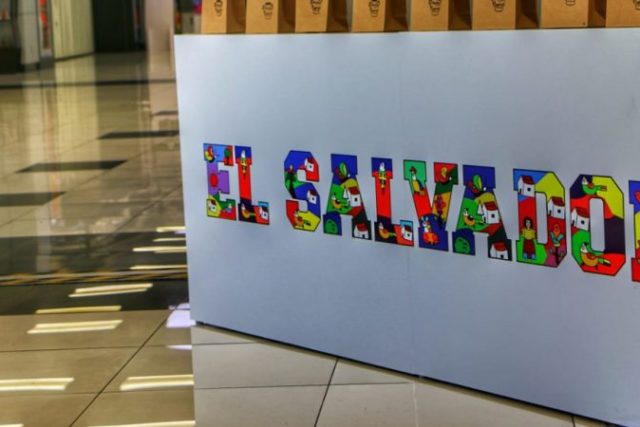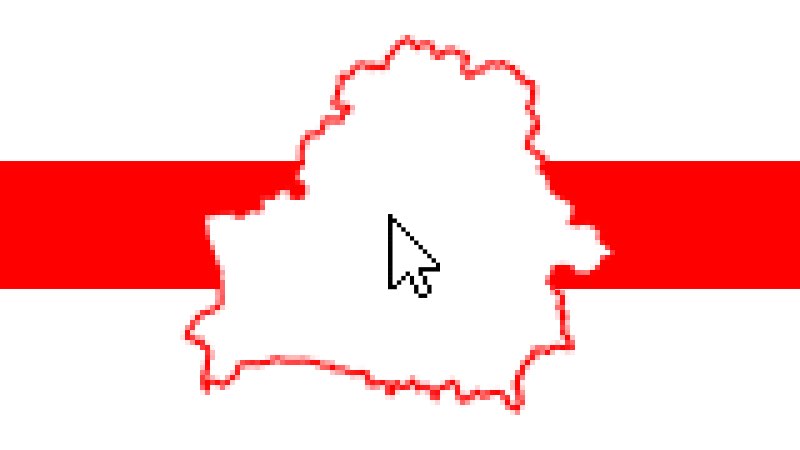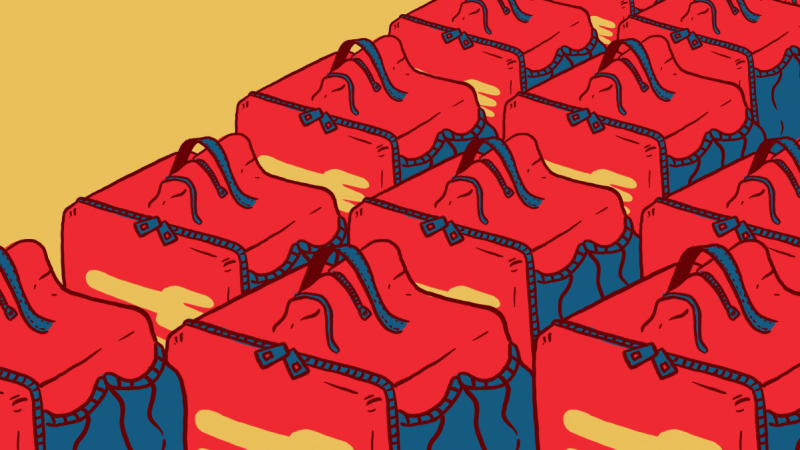On October 7, Salvadoran Tourism Minister Morena Valdez launched the new tourism logo “El Salvador” inspired by the work and art of Fernando Llort. The newly designed rebrand is intended to promote tourist destinations alongside the Surf City branding concept.
The new brand “El Salvador” is an effort by the Bukele administration to boost tourism and intends to showcase everything the country has to offer, such as colorful towns, beaches, archaeological sites, and handicrafts.
It was created through an agreement between the Llort Foundation “Árbol de Dios” and the Ministry of Tourism. The arrangement will allow the Ministry to use Llort’s artwork, such as his lettering, to be applied in the new El Salvador brand logo.
Fernando Llort was an artist from the small town of La Palma in the southern department of Chalatenango, and is credited with bringing the country’s cultural wealth to national and international audiences. Llort painted and taught Naif art, a technique that imprints moments of everyday rural life and typical flora and fauna onto wood or the seeds of the copinol tree.
Each of the new “El Salvador” logo letters is engraved with iconic scenes from Llort’s artwork.
Para recuperar la identidad y el orgullo de ser salvadoreños, hoy lanzamos la marca destino El Salvador inspirada en la obra de Fernando Llort.
Las letras que la conforman están grabadas con escenas cotidianas, la esencia de la gente, la naturaleza y los colores del país. pic.twitter.com/fSHrJF4M26
— Ministerio de Turismo (@MITURElSalvador) October 7, 2020
To recover the identity and pride of being Salvadorans, today we launch the destination brand El Salvador inspired by the work of Fernando Llort.
The letters that make it up are engraved with everyday scenes, the essence of the people, nature, and the colors of the country.
The new tourism rebranding will promote tourist destinations, culture, and local arts and crafts, similar to Fernando Llort’s Naif art. The goal is to help recover the tourism industry which has been decimated by the COVID-19 pandemic.
El Salvador is expected to lose about 440 million U.S. dollars in 2020 due to the fall in international tourism. It is estimated that, thus far, the tourism sector has lost up to 120,000 direct and indirect jobs.
Even though the international airport is now open for commercial flights, foreign tourists do not travel as much. There are still travel difficulties that need to be clarified, such as the PCR tests required at international airports. Yet, the World Travel and Tourism Council, WTTC, deemed El Salvador a safe travel destination after evaluating the Ministry’s eight biosafety protocols, according to the Salvadoran Ministry of Tourism. El Salvador is among the first countries in the region to obtain this seal of compliance.
Juan Pablo Llort, the son of artist Fernando Llort, expressed his gratitude to the Ministry for using his father’s work in this brand. He is quoted in a press release from the Ministry:
Agradecemos este homenaje a mi padre, Fernando Llort, y nos sentimos muy honrados que pensaran en él, para exponer sus obras y diseños en esta marca y esperamos que con ello se muestre parte del rostro de la belleza de nuestra tierra.
We are grateful for this tribute to my father, Fernando Llort. We feel very honored that they thought of him, to exhibit his works and designs in this brand, and we hope that this will show part of the face of the beauty of our land.
It is uncertain how much this new brand will help the recovery of the tourism industry. In 2018, Morena Valdez helped launch the tourism slogan, “El Salvador, Grande Como su Gente” (El Salvador, Great like its People), that cost Salvadoran taxpayers 450,000 US dollars. The slogan ended up being controversial after Interbrand, the company commissioned by the government to create the branding, was accused of using the color palette and concept from other international logos to create El Salvador’s tourism logo.
Although tourism is a vital business sector for El Salvador, the news has not attracted much attention. Thus far, reactions to the new brand on social media have been few but mainly positive. A common criticism is that the design is too simplistic, or that to truly regain El Salvador’s identity would mean to teach the indigenous language Náhuatl, folkloric dances, and traditional loom weaving.
No one knows if the new brand will help attract tourism to El Salvador after COVID-19, but El Salvador’s tourism industry has been hit hard by the pandemic. Perhaps traditional art can help it rebound.




The Most Read
Сryptocurrencies
Bitcoin and Altcoins Trading Near Make-or-Break Levels
Financial crimes
Thieves targeted crypto execs and threatened their families in wide-ranging scheme
Financial crimes
Visa Warning: Hackers Ramp Up Card Stealing Attacks At Gas Stations
News
Capitalism is having an identity crisis – but it is still the best system
Uncategorized
The 73-year-old Vietnamese refugee is responsible for bringing Sriracha to American consumers
Uncategorized
Electric Truckmaker Rivian, Backed By Amazon, Ford, Raises Whopping $1.3 Billion